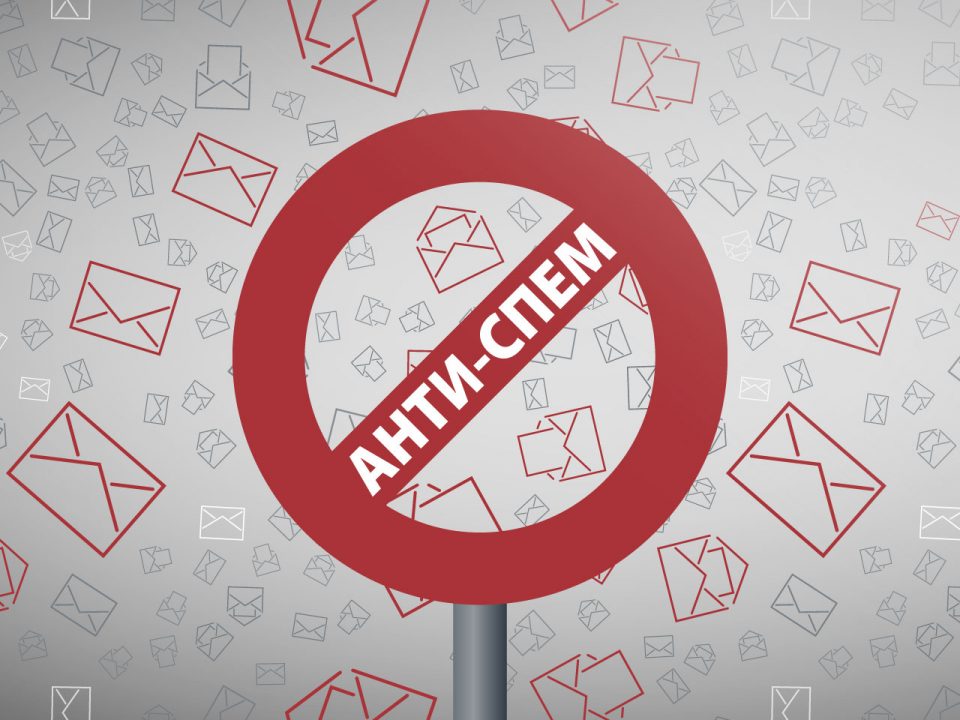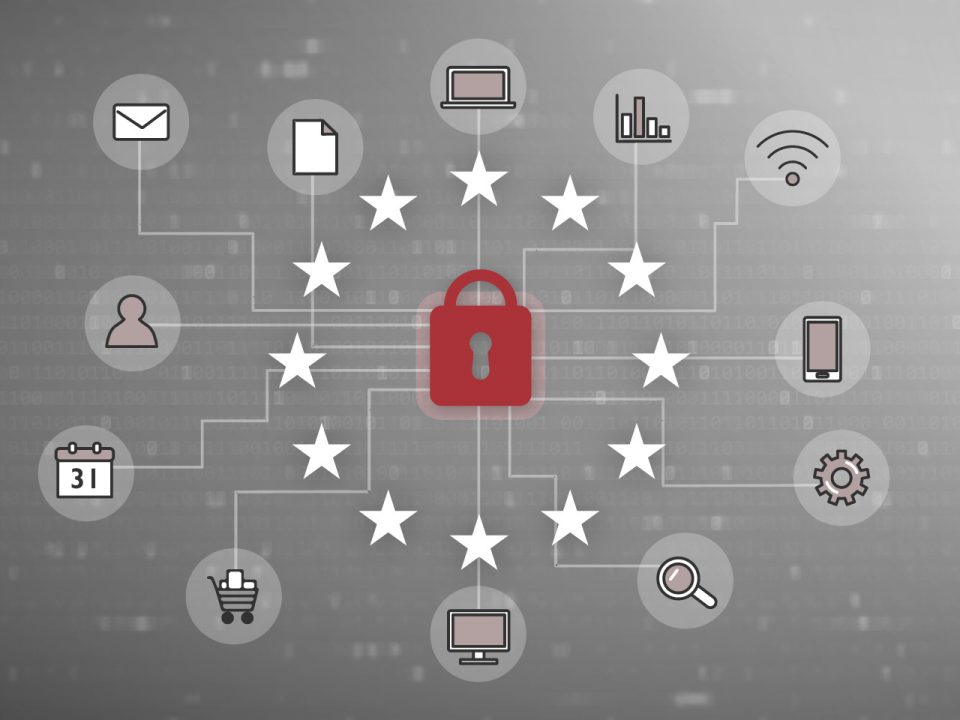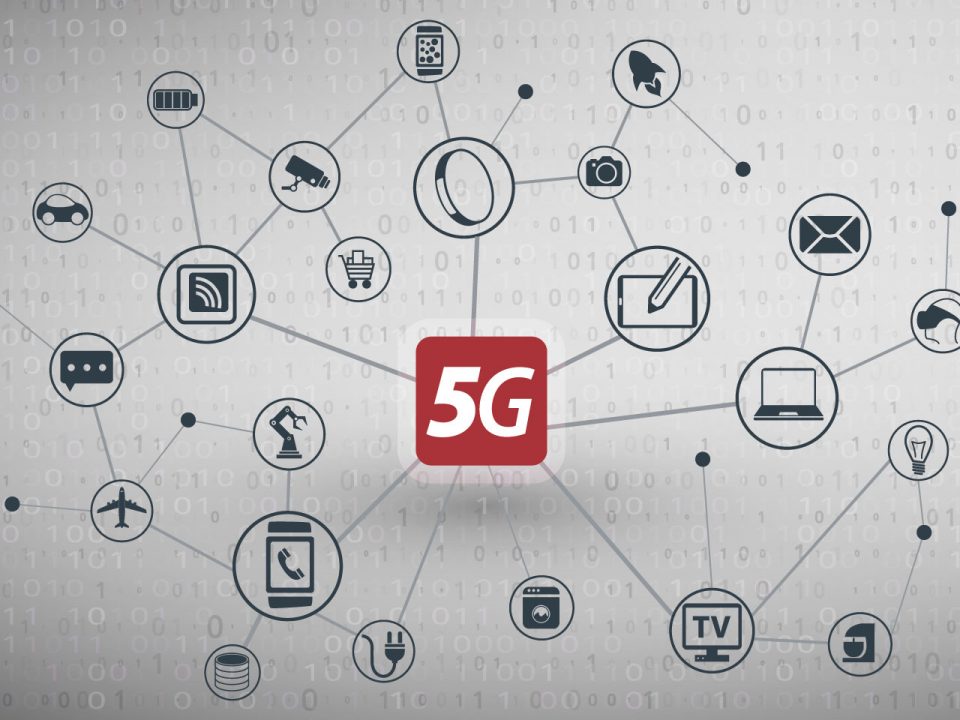How Apple Won the Lost Battle

There may be reasons to dislike Apple, but you can’t dispute one feature, Apple will enter a battle that many will say was lost in advance.
Did you know that Apple is not the first company to launch the name “iPhone”?
Just in defense of the phone’s name, Apple’s lawyers have shown in Brazil’s case how creative discipline is right and that one should never give up no matter how insurmountable the legal obstacle is.
It is not important to be first, but sometimes it is important to be creative
The Brazilian company “IGB Eletronica SA” filed in 2000. a trademark application in Brazil called Gradiente iphone. That’s seven years before Apple launched a smartphone called the iPhone.
The very process of trademark registration has been prolonged. It lasted eight years for two reasons: it was opposed by the Brazilian company TELESP Mobitel, which owned the E-fone trademark, and the Brazilian Intellectual Property Office, at the time, had a large backlog in filing, and the trade mark was finally registered only on 2 January 2008.
It is this second reason that will be important later, but more on that later.
What happened when Apple came?
In 2007., the IGB used the Gradiente iphone trademark in the Brazilian market, advertising and selling mobile phones under that name.
In the same year, Apple also promoted the iPhone in the US, and in September 2008. it launched it in the Brazilian market, where the IGB already had the real priority of using a trademark called Gradiente iphone, which it acquired by filing back in 2000.
The IGB was in financial trouble during that period, which is why it stopped manufacturing Gradiente iphone at the time of Apple’s arrival in Brazil. They returned to the market with this phone in 2012. and thus did not break the deadline within which they could lose the right to use it due to non-use of the trademark.
For its part, Apple has never opposed the IGB’s trademark application to the Intellectual Property Office during that period. Apple sold its first iPhone in the US in June 2007., and the first trademark application was filed by Apple in Brazil in January 2007.
All of this means that Apple has come to the Brazilian market with a trademark, which is a registered trademark that contains the word iphone itself and refers to mobile phones that have internet access.
When law gets creative
As we said before, creativity is not just a trait sought in art, we often use it right, at least by those who have it.
And law in my understanding it is still a creative discipline.
So, Apple has come to a riddle: how to object to someone whose trademark in its name contains a generic word that cannot be trademarked (Phone), while the Apple product itself also contains a generic word because it is called iPhone (?! ).
Seems impossible? For Apple’s lawyers, it wasn’t like that.
What did they do?
In January 2013., however, Apple decided to sue the IGB, demanding that its trademark registration be canceled and that the exclusive rights of the IGB to the Gradiente iphone mark be restricted through the so-called disclaimer: “We do not claim exclusive rights to the word iphone” .
Apple based its lawsuit on the lack of difference in the word “iphone” in the situation when viewed in relation to the trademark “Gradiente iphone” as a whole.
However, Apple’s lawyers also pointed out that the word “iphone” is sufficiently recognizable and could be part of Apple’s trademark because of the secondary meaning of the word, resulting from the widespread success and advertising of Apple products since 2007.
Simply put: the word “iphone” no longer has a primary meaning that has the word “phone” as a generic word, but “iphone” now also has a secondary meaning signifying a specific Apple product.
Apple, meanwhile, has created a new meaning for the word. Creative and ingenious.
The IGB’s lawyers put forward the following counter-arguments: the lack of distinction relied on by Apple is inconsistent with their own worldwide attempts to protect the word “iphone” as their exclusive trademark (hence without the so-called disclaimer) and that when Gradiente iphone registered in January 2008, Apple’s smartphone did not even exist on the market in Brazil.
What did the court decide?
In September 2013., the trial court of Rio de Janeiro ruled that the registration of the Gradiente iphone trademark be revoked and that a new decision be imposed that would oblige the IGB to disclaimer “We do not claim exclusive rights to the word iphone”.
In this way, the IGB’s rights to use the mark are restricted.
This decision relied on the argument that industrial property rights were based on fair competition, and in this particular case, two main circumstances had to be taken into account: the delay by the Intellectual Property Office in examining the Gradiente iphone trademark application on the other hand. broad market share and widespread recognition of the IPhone mark over the years.
In this case, the judge disregarded the well-acquired rights of the IGB, stating that: “Although the creation of trademarks must be supported and protected … when there are possible conflicts, such as in this case, I do not recognize such protection as absolute. It is undisputed that the defendant did not file his claim with malicious intent … but it is also undeniable that the unlimited use of the iPhone mark by the respondent (IGB) would, without any restriction, significantly damage the plaintiff. ”
The Judge Rapporteur and the other Appellate Judge of the Court of Appeal took the same position and upheld the first instance decision.
The third appellate judge also upheld the first instance verdict, but his decision was based on slightly different grounds.
On the one hand, he pointed out that Brazil had certainly adopted an attributive system for the acquisition of industrial property rights and emphasized that the Intellectual Property Office, as a public administration body, was obliged to act strictly in accordance with the principle of legality.
On the other hand, however, he concluded that “iPhone” was a descriptive and generic term that was not subject to exclusive rights; therefore, neither Apple (regardless of the acquired distinctiveness of its products) nor the IGB can interfere with the use of the word “iphone” by third parties, provided that such use does not lead to a likelihood of consumer confusion in the market.
This court decision would in practice mean that the IGB could use the word “iphone” only within its trademark “Gradiente iphone”, while Apple could use the word “iphone” independently.
This decision has been appealed and is awaiting a decision of the Supreme Court.
Conclusion
Creativity is not exclusively related to the fine arts; on the contrary, it is used daily in law primarily in the original creation of certain social relations such as contracts or any acts or in the interpretation or arrangement of certain relationships that have already arisen.
Remember, when solving certain legal problems, sometimes you have a solution in front of your nose, you just need to think “out of the box“.


